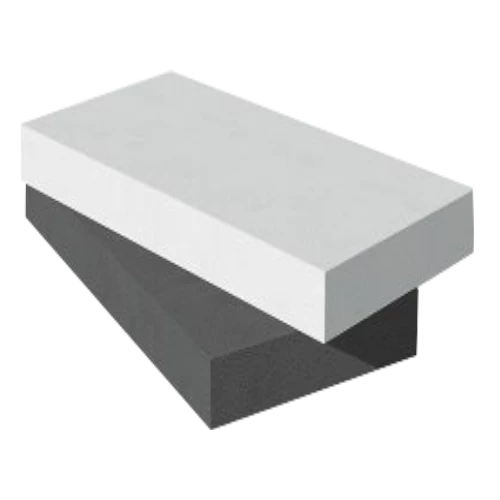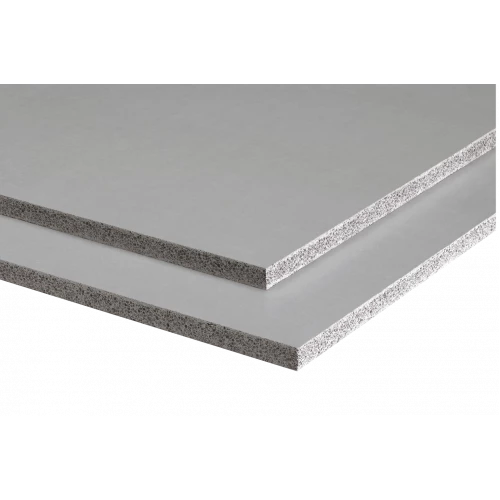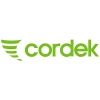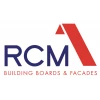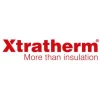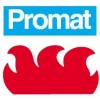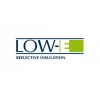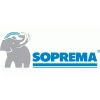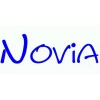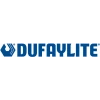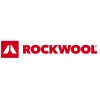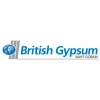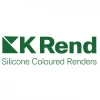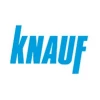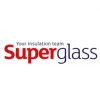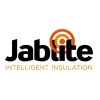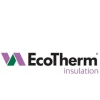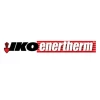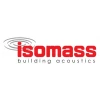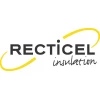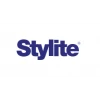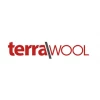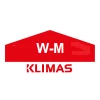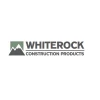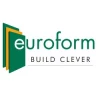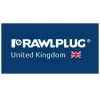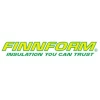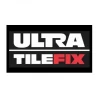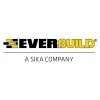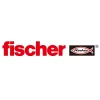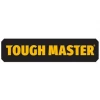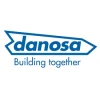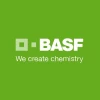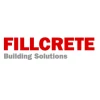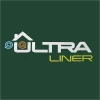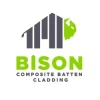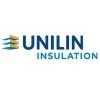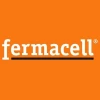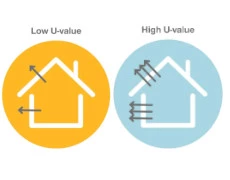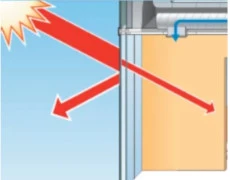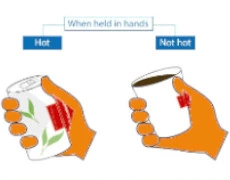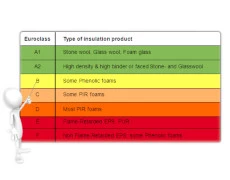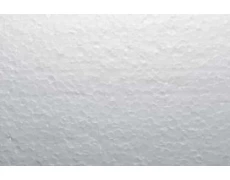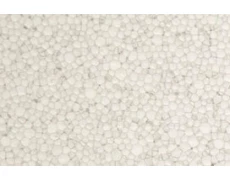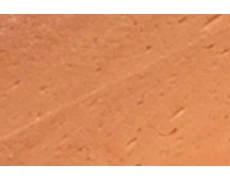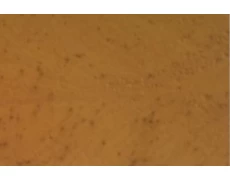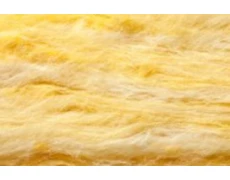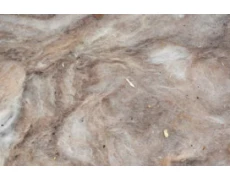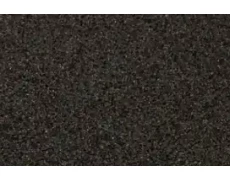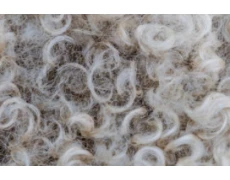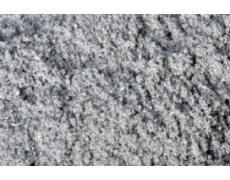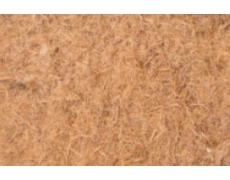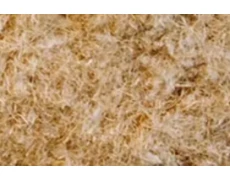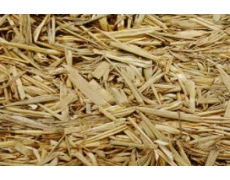



Related
More from this brand
- External Wall Insulation Systems
- Lightweight - Cost efficient - Durable
- High Resistance to Mold Growth
- Thermal Conductivity: 0.031W/mK
- Easily cut with a sharp knife to any size and shape
In Stock
- Brand: Ceresit®
- Model: 100mm EPS 70 EWI
- Dimensions: 1,000mm x 500mm x 100mm
- SKU: 100mm
- Product code: P1-897
- MPN: 100mm Graphite EPS (Grey Polystyrene)
Options available
100mm Grey EPS for External Wall Insulation (Graphite Expanded Polystyrene) is an insulating material with about 20-25% better thermal insulation properties than basic white EPS that can effectively reduce heating costs and improve the appearance of the building.
Complete external wall insulation made of grey polystyrene is durable and maintains its functional properties throughout the entire life of the building.
External insulation systems based on grey polystyrene for building facades are a proven solution that has been used in construction for over 50 years.
The difference between white and grey polystyrene is the presence of graphite, which is added to the expanded polystyrene during the production process.
As a result, you get polystyrene with a grey tint, but more importantly - also with increased thermal insulation properties.
It allows the use of a thinner layer of insulation without compromising the insulation parameters of the wall.
Grey EPS is mainly intended for investors who want to achieve the standard of an energy-saving or passive house.
The technical conditions regarding the maximum heat transfer coefficient through external walls mean that investors are forced to insulate their houses with thicker and thicker layers of insulation.
In this situation, graphite polystyrene for external wall insulation comes in handy.
Overall it is cost effective as better insulation material means lower heating bills.
Thermal conductivity: 0.031 W/mK - improved over basic white polystyrene boards.
Specification:
Thickness: 100mm
Width: 500mm
Length: 1000mm
Pack coverage: 3.00m2
Density: 15kg/m3
Thermal Conductivity: 0.031W/mK
R-Value: 3.03m2K/W
Water vapour resistivity: 20MN.s/g.m
Compressive Strength: >70 kPa
Fire Rating (Reaction to Fire): E
Applications:
· Balcony loggias.
· Sandwich walls.
· External wall insulation systems.
· Framed wall surfaces.
· Solid brick and block walls.
· Continuous outer layers of frame walls.
· Cavity block and brick walls.
· Cavity dense block walls.
· Thin coat rendering.
· Gaps in closed or ventilated three-layer walls.
· Insulated render systems.
· Walls made using the "light wet" or "light dry" method.
· ETICS - External thermal insulation composite systems.
Key points:
· Cost efficient.
· High resistance to mold growth.
· An environment friendly Green Way product.
· Easy to cut with a sharp knife to any size and shape.
· Reduction of thermal energy consumption thanks to very good thermal insulation.
· Reduction of thermal bridges thanks to the continuity of insulation.
· Protection of external walls by limiting the influence of external factors.
· Highly durable and aesthetic façade insulation.
· Suitable for new build and renovation of damaged facades, also historic buildings.
· Light weight, which is important for substrates with insufficient bearing capacity.
Preparations for the installation of graphite polystyrene:
Graphite polystyrene has the same adhesive properties as white polystyrene and there is no obligation to sand it before sticking.
However, wiping the polystyrene surface before sticking (regardless of its color) improves the adhesion of the adhesive to the fixing.
The surface grinding operation must be performed on the upper side, before embedding the mesh.
What glue for graphite polystyrene?
Some manufacturers recommend gluing graphite polystyrene boards using a universal adhesive intended for embedding the mesh and for fixing polystyrene, not only polystyrene adhesive.
We recommend Ceresit ZU Insulation Adhesive, Ceresit CT87 White Flexible Adhesive or Ceresit CT84 Express PU Foam Adhesive.
Experience shows that if we buy a really good polystyrene adhesive, it will work.
It is worth recalling that each polystyrene should be glued with the circumferential-point method.
After applying the glue, it should be on at least 40% of the board surface.
Dot and dab method should not be used anymore, but still many contractors stick polystyrene only to "dabs", insisting that they have been doing it for years and it is fine.
This error can cause the boards to fall off, especially those made of graphite polystyrene.
Transport and storage:
Graphite façade polystyrene boards absorb more sunlight than standard (white) boards.
Therefore, they should be protected against direct sunlight, both during transport and storage.
Failure to secure the insulation boards may cause the so-called "Melting", causing the destruction of their structure.
During construction works, the outside temperature of the air, the substrate and the built-in material must not be less than + 5 °C and not more than + 25 °C.
During the works, the material must not be exposed to direct sunlight.
Scaffold nets, for example, can be used as protection against the sun's rays.
Certification:
Produced to the requirements of EN-13163 Standard.
*Further information may be found in our Downloads section.
Fairly easy access to all PDF files.
Datasheet ǀ Declaration of Performance - DoP ǀ BBA Certificate ǀ Installation Guide ǀ Certificates ǀ Brochure ǀ SPEC Sheet
| specification | |
| Board covarage | 3.00 m2 |
| Colour | Grey ǀ Graphite |
| Compressive Strength | 70 kPa |
| Density | 15kg/m3 |
| Length | 1000mm |
| Material | Expanded Polystyrene |
| Profile | Square Edge |
| R-Value | 3.03m2K/W |
| Thermal Conductivity | 0.031W/mK |
| Thickness | 100mm |
| Width | 500mm |
| Application Temperature | from +5 °C to +25 °C |
| Shipping method | Rigid Vehicle ǀ Courier |
| Applications | External Wall Insulation Systems |
| ETA Notification | Yes |
| Features | Effectively reduce heating costs |
| Manufacturer | Henkel Ceresit® |
We deliver insulation materials to Mainland UK only. Deliveries to Highlands, Northern Ireland, Isle of Wight etc.. might be possible at additional cost.
We offer free delivery on most of the orders above £300 (excluding VAT) (except special products - shipping cost via courier - products marked ''Request A Quote'')
Delivery of some insulation materials might be extended due to the current situation (Covid-19, stock shortages, allocations).
If you need materials quickly please contact us - we will do our best to help you source materials needed.
We do not deliver on weekends and bank holidays. Sometimes we can deliver on Saturdays - please check with us before placing the order.
If you need any further information please contact us tel. 02081910776
We can help to calculate price per m2 or linear meter (one meter in length) cost, please just contact us via phone 02081910776, email or live chat. Alternatively, you can work it out yourself quickly and easily: to get cost per meter square please divide price shown in orange area by ''Required area (m2)'' Example price of £28.80 divided by board coverage 2.88m2 = cost of £10.00 per m2.
INSTALLERS
No matter whether you choose a local installer or a national company, there’s a few tips to help you find the right installer for your home insulation improvements, such as asking for recommendations and making sure that they’re part of a certification scheme. This makes sure that they have the right skills and standards of workmanship to carry out the installation, and you can be sure that they know exactly what they are doing.
4 TIPS FOR CHOOSING THE BEST INSULATION INSTALLER
1. Thermal inspection picture in portfolio
It’s worth seeing a installer’s previous work. There’s no harm asking if you can see any properties nearby that they’ve installed insulation in. Best way would be to see Infrared Thermal Imaging Inspections. Thermal cameras spot small, but key changes in temperature in different areas of a house, identifying problematic areas that the human eye never could and some that a visual inspection could only hypothesize.
2. Reviews
Along with checking recommendations and previous work, finding reviews online can often be a great way to find out if they provide a good service or not. However, it’s best not to solely rely on reviews you may find or review websites, as there’s no controlling who writes them.
3. Compare prices
Comparing prices will also ensure companies can’t take advantage of you and give you a fair price.
4. Word of Mouth
The best way to find a great insulation installer is through recommendations. Make sure you ask friends and family. They will most likely give you their honest opinion and can tell you from first hand experience.
Whether you require a wall, cladding, external wall, loft or floor insulation fitted, you can find and hire your local insulation installers from popular UK web pages. A simple internet search will return thousands of potential installers near your area.
https://www.nia-uk.org/find-an-installer/
https://www.ratedpeople.com/local-thermal-insulation
STOCKIST
We are the stockist of construction materials and related products for both trade and DIY from most recognizable brands in the UK like Cordek, RCM, Promat, Rockwool, Isover, Celotex, Xtratherm, Ursa, Low-E, Cedral, Kingspan, Dufaylite, British Gypsum, K-rend, Ecotherm, Iko enertherm, Kay-Metzeler, Terrawool to allow you to complete your insulation job on time at competitive prices and the highest standards.











